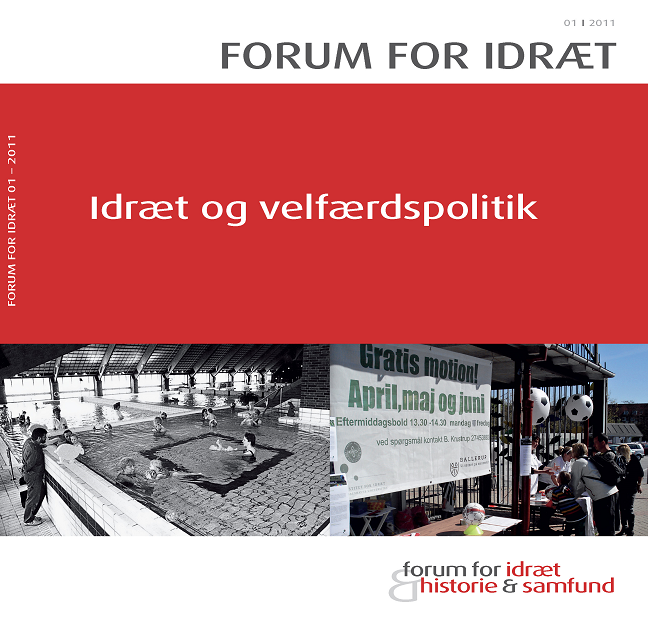Fodbold som velfærd 1934 -1995: Mellem moralsk opbyggelighed og forretning
DOI:
https://doi.org/10.7146/ffi.v27i1.31617Nøgleord:
fodbold, velfærd, kultur, fodboldbevægelse, fodboldhistorie,Resumé
Artiklen belyser med afsæt i Joanne Martins organisationsteori velfærdssamfundet som en kulturelt og moralsk projekt i forhold til fodboldbevægelsen.
In 1995 a rather unnoticed revolution occurred in Danish football. The future famous Danish football agent Karsten Aabrink agreed to make investments in the newly established football club FC Copenhagen provided that decisive changes regarding the division of stakes took place. His requirement was that the share of 50% which each of the founding clubs, B1903 and Københavns Boldklub, held, was reduced to 30% whereby they would lose their deciding holdings. As a consequence, businessmen were now able to work more unrestrained than previously. The article argues that the reason why this could happen in 1995 without any noticeable objection was not rooted in economic explanations, but rather had to do with the cultural factors expressed in the narratives of amateur gentleman football that evolved around the football movement from the 1930s and onwards. Furthermore, the article argues that the entire football movement was embedded in a political consensus on the macro level regarding the construction of the welfare state and thereby creating path dependence, which made it very difficult to implement professional football.
Downloads
Publiceret
Citation/Eksport
Nummer
Sektion
Licens
Forfattere, der publicerer deres værker via dette tidsskrift, accepterer følgende vilkår:
- Forfattere bevarer deres ophavsret og giver tidsskriftet ret til første publicering, samtidigt med at værket er omfattet af en Creative Commons Attribution-licens, der giver andre ret til at dele værket med en anerkendelse af værkets forfatter og første publicering i nærværende tidsskrift.
- Forfattere kan indgå flere separate kontraktlige aftaler om ikke-eksklusiv distribution af tidsskriftets publicerede version af værket (f.eks. sende det til et institutionslager eller udgive det i en bog), med en anerkendelse af værkets første publicering i nærværende tidsskrift.
- Forfattere har ret til og opfordres til at publicere deres værker online (f.eks. i institutionslagre eller på deres websted) forud for og under manuskriptprocessen, da dette kan føre til produktive udvekslinger, samt tidligere og større citater fra publicerede værker (se The Effect of Open Access).





